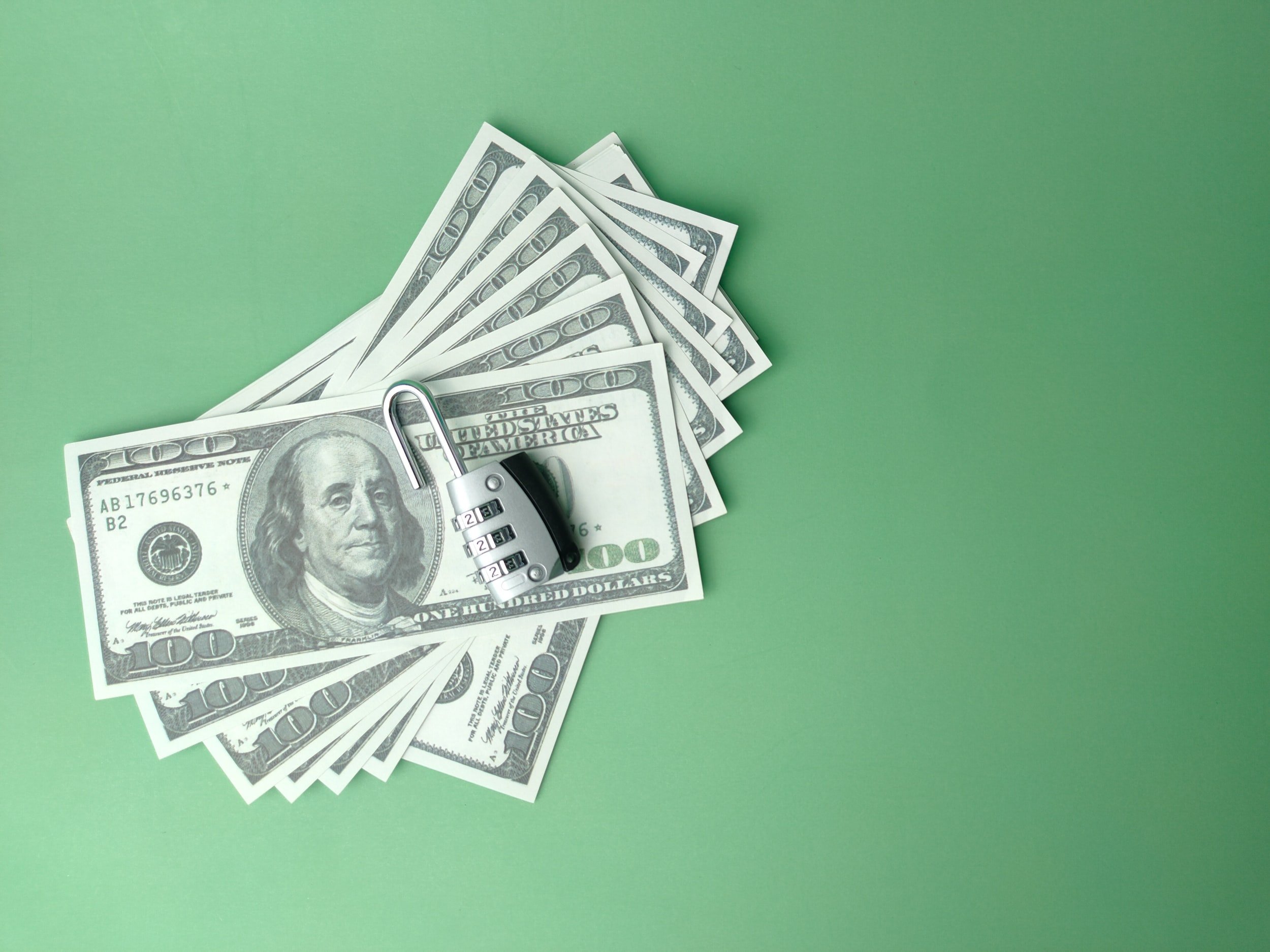
Debt
~ Whoever controls your money, controls you ~
“The rich rule over the poor, and the borrower is slave to the lender.” Proverbs 22:7
Debt is a four-letter word that in most cases will steal a lot of your future away, so if you are not well-financially educated, you should stay as far away from debt as you can.
Steps to get out of debt
STOP getting into more debt!
Make a list of all your debts including the interest rate and remaining balance of each debt.
Call your debtors to see if you can get a lower interest rate.
Per Dave Ramsey, pause investments until all debts are paid off and you have an emergency fund.
Then create and follow a debt payoff plan. Most use the Debt Snowball or Debt Avalanche methods.
Read below to find which strategy will be best for you.
Two Strategies to pay off debt
-
Debt Snowball
Dave Ramsey’s Method
Pay the smallest debts first, then move up to the larger debts.
This method focuses on psychological motivation. It involves paying the smallest balance debt first regardless of interest rates and working your way up to the largest balance debt.
For this method, you would pay any extra money you have to the smallest debt while only paying the minimum required on all the other debts. Then when the smallest debt is paid off, allocate any extra money you have to the next smallest debt, while continuing to pay the minimum required to the others.
This approach provides small, immediate wins as you clear away smaller debts, decreasing your list faster.
Per Dave Ramsey, most people get out of debt within 2 years with this method.
-
Debt Avalanche
aka Debt Stacking
Pay off debt from the highest interest rate to the lowest regardless of balance.
Mathematically this makes the most sense, but it can take more time to see progress, so it can be harder for people to stay motivated which is why Dave Ramsey suggests the Debt Snowball method. He says getting out of debt is more of a mind change on how you view money. He also states, if you haven’t been managing your money well this far, you might not stay motivated to manage it with this method.
Even if this method makes more sense mathematically, it will not do any good if you get frustrated and quit the goal of becoming debt free. Be sure you understand what works better for you.
Good Debt vs Bad Debt
Read Robert Kiyosaki's article on Good Debt vs Bad Debt
Do not finance things that will not pay you. If it doesn’t put money in your pocket, then do not go into debt to purchase it.
Ensure your family and your “4 walls” are taken care of first before you even consider using good debt. Your “4 walls” include Food, Shelter, Utilities, and Transportation. Also, ensure your good debt is structured properly so that if something unforeseen comes up, it will not affect your 4-walls.
NEVER BORROW TO CONSUME
“Compound interest is the 8th wonder of the world. He who understands it, earns it; he who doesn’t, pays it.” – Albert Einstein
Credit Cards can have some useful benefits, however, they can also be a very dangerous tool.
Credit cards are a financial tool that members of the F.I.R.E. community use and leverage. However, if you are not financially educated or smart with money and you accrue credit card debt, you will never be able to achieve your desire of financial freedom.
NEVER EVER have any credit card debt. IF you pay your credit cards off completely every month, then they may be okay to use, but ONLY IF you pay them off every month.
Aim to Be Debt Free By:
Per Dave Ramsey, you should not have any debt except for your mortgage. You should pay cash for everything else you purchase, and then focus on paying your mortgage off as soon as you can in baby step 6.
Per Kevin O’Leary (from Shark Tank), aim to be debt-free by 45 so you can spend the rest of your working years building capital.
Per The Money Guy Show, any debts you have (including house, cars, credit cards, ex.) should not exceed 35% of your income, and you should aim to be debt-free by your mid-50s because you don’t want to miss the early years of investing and letting your money work harder for you. The dollars that are the most valuable are the ones from your early years.
“Zombie Debt” is any debt that chases you around and keeps you up at night (The Money Guy Show). Stay away from and do all you can to get rid of any of these types of debts as they will steal your life away.
On average, recessions happen every 6-8 years. Be proactive and not reactive!
Here are tips when it comes to debt to ensure you are prepared for any downturns in the economy:
Anytime you are thinking about taking on debt with a pending recession coming up, you should ensure you have ample savings and the ability to repay the debt and/or a contingency plan if you lose your job.
Pay down and avoid any variable interest rate loans and ARM (adjustable rate mortgage).
Do not lend money. Per Dave Ramsey, this is the fastest way to ruin a relationship. Only lend what you can afford to lose, and do not expect that money back. Is this amount worth losing your friendship over? If someone asks to borrow $100, instead you can say, “I cannot lend you $100, but I could give you $10 (or whatever amount works for you), and you don’t have to pay me back.”
